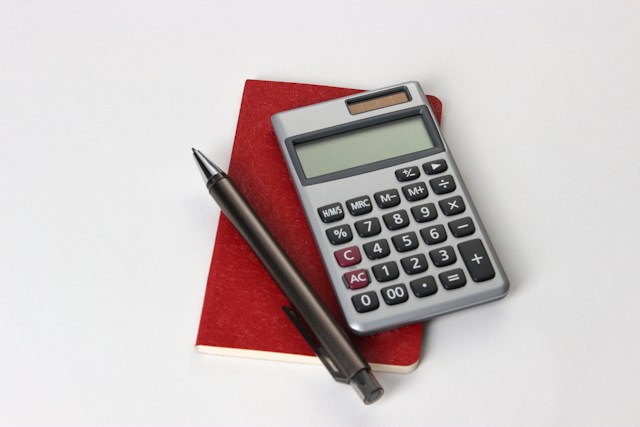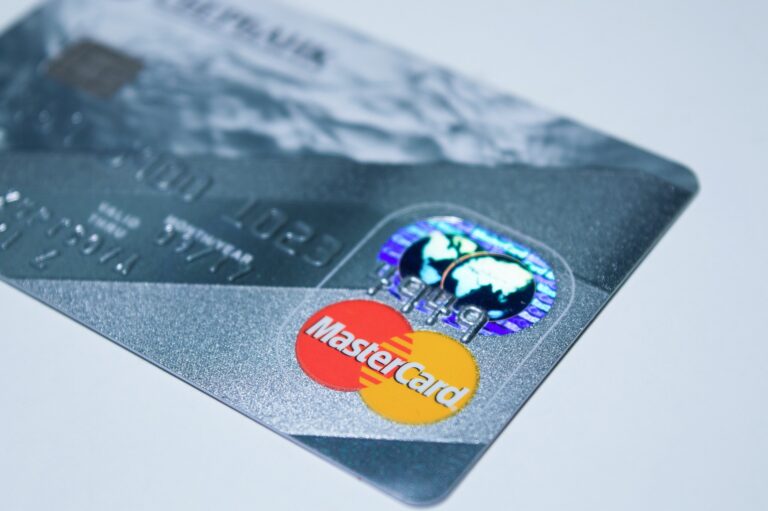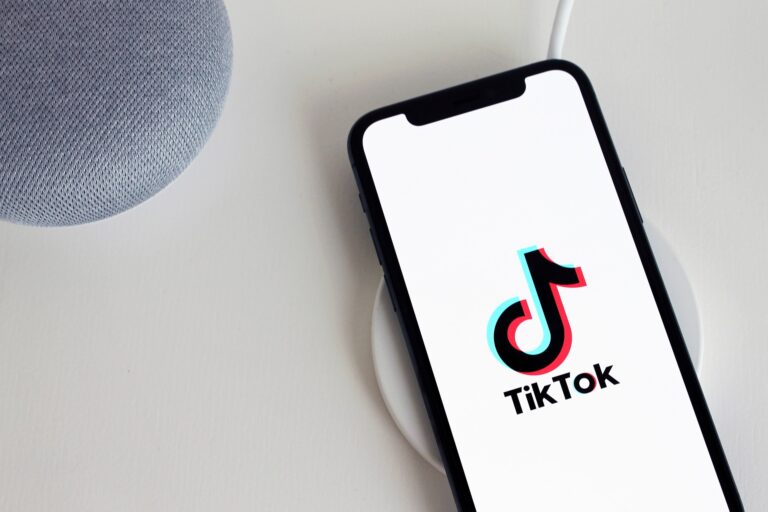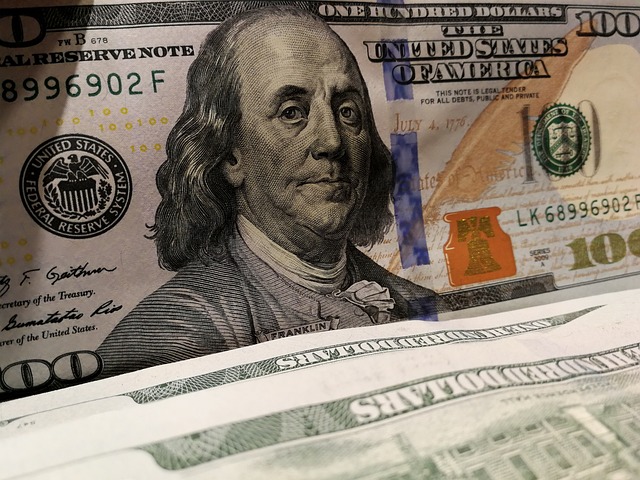The Evolution of Cash App Taxes: From Credit Karma To Filing Savior
The Scorching Point is reader-supported. When you buy through links on our site, we may earn an affiliate commission. See more info here.
Cash App Taxes, which debuted in 2016 under the moniker Credit Karma Tax, have emerged as the standard for routine online self-filing of federal and state taxes. Before entering the tax services industry, it was mainly recognized as a credit-monitoring website that gave users free access to their TransUnion and Equifax VantageScore 3.0 credit scores.
Initially, the platform provided guidance on credit cards, loans, insurance, and other financial products. However, a significant transformation occurred as Cash App acquired Credit Karma Tax in November 2020. As a result, Cash App Taxes now offers a comprehensive tax preparation service seamlessly integrated into the Cash App financial platform.
Notably, Cash App emphasizes that despite the shift in name, the company remains committed to delivering the “same fast, easy, and 100% free tax filing” experience synonymous with its earlier incarnation as Credit Karma Tax.
Installing Cash App Taxes
The tax service app can be accessed on a desktop or mobile phone. Either way, you must install the Cash App Taxes mobile app first. Then, register for a Cash App account with a legitimate phone number or email address to use Cash App Taxes. Debit card information will also be requested throughout onboarding to link the account, but it is not required to move further.
You can access Cash App Taxes through the mobile app’s banking menu. Find the ‘Free Tax Filing’ link under the ‘Taxes section.’ ‘File Now’ and ‘Estimate Refund options,’ as well as a link for those who have previously filed with Credit Karma Tax, are available on an interstitial screen.
Your Social Security number will be used to confirm your identification before the program asks you to set a password unique to Cash App Taxes and not Cash App in general.
Although Cash App Taxes has access to many IRS forms and schedules, its interview-style filing procedure is minimal. Go to the Tax home page to access your return’s various sections.
The browser-based software has a particular login procedure. After entering your smartphone number on the website on a desktop or laptop, you are sent a link by Cash App Taxes. Clicking on it confirms your identity (some claim to get a 6-digit code instead). Then, you must set up biometrics or enter your password to log in. The whole program launches in your desktop browser once you successfully log in on your phone. This process is repeated for each desktop login.
Interface
The user interface for Cash App Taxes is a well-designed layout with a beautiful combination of fonts and colors. The site’s sparse usage of graphics contributes to how quickly users can explore it and how little data is used. Users can access PDF versions of all the tax forms where you’ve input information at any stage.
Tax topics are organized in essentially the same fashion as Form 1040 and its supporting documentation. Some forms present the taxpayer with an unusual amount of questions. This app offers a unique display feature that enables users to toggle between views to help them concentrate on a few questions at a time.
Noteworthy Features
Taxpayers can file electronically or print their returns to send in (the latter is best with the desktop version). Tax refunds can be deposited into your Cash App account, directly into a personal bank account, or mailed to recipients as cheques.
Accurate Calculations and Maximum Refund are two assurances users benefit from using Cash App Taxes. In the rare case of a calculative error that results in penalties from the IRS, the ‘Accurate Calculations Guarantee’ will reimburse up to $1,000.
Further, free audit defense is on offer for an entire year. The audit defense protection lasts an additional three years if you file with Cash App in the following year.
How Safe Is Cash App Taxes?
Cash App Taxes security embeds the following features:
- Compliance with the security, privacy, and commercial criteria established by the IRS as a licensed e-file provider
- An exclusive onsite security staff
- Vulnerability checks on the website by Independent third parties
- High encryption
- Multi-factor authentication is supported using authenticator applications
Regarding its physical, electronic, and procedural safeguards of taxpayer information, it conforms with applicable law and federal regulations, requiring a secure password for every login.
Is It Really Free?
This question owes its credence to users’ need to fill in debit card information when registering. But the service is absolutely free. Navigating the site reveals no option to upgrade for premium assistance or pay for the service.
The product generates income through focused advertising for other financial services. Another means of revenue explored is signing users up for the payment service Cash App, which makes money through its various services.
Availability and Exceptions
Anyone with a Cash App account can use Cash App Taxes, which allows everyone to submit one federal and one state tax return. However, 40 states and the District of Columbia allow e-filing of taxes via Cash App Taxes. The exceptions are:
- Alaska
- Florida
- Nevada
- South Dakota
- Texas
- Washington
- Wyoming
These states do not tax income. Salary and wages are not subject to income tax in Tennessee or New Hampshire. They tax dividends and interest income instead. The platform does not support electronic filing in the state of Montana.
Exploring Cash App Taxes Support
Installing the Cash App Taxes mobile program on a phone or tablet comes without the benefit of extensive assistance and support from industry professionals. However, it does offer practical contextual information and technical support through live chat from real people.
The platform boasts a highly polished layout and functionalities, all while remaining free—an attractive incentive for those who are either highly knowledgeable about taxes or have straightforward returns.
This service can be the optimal tax preparation choice for frugal shoppers, offering free federal tax preparation services and standing out as one of the few tax preparation firms that refrain from collecting any fees whatsoever, even for state return preparation.
Former Credit Karma Tax users who are not uneasy about the change should also consider Cash App Taxes. Tax returns from prior years are easily accessible, and the software resembles Credit Karma Tax.
Additionally, this solution provides a free audit defense service. Users can interact with a consultant who will assist in compiling essential documents for audits. The specialist can assist in drafting letters and other correspondence with taxing authorities, as well as review and discuss audit responses. Moreover, they can attend meetings or hearings with these authorities.
Cash App Taxes Might Not Be for You
However, Cash App Taxes might not be ideal if your tax situation is complex. Certain tax circumstances and forms are not supported. This tax preparation service might not align well for individuals who need to file in multiple states, part-year states, or non-resident states.
This service does not support e-filing. Moreover, it cannot aid in filing business returns, such as for partnerships, multi-member LLCs, for-profit companies, or entities where shareholders are separately taxed from the organization. Customers engaged in side businesses and those who frequently receive 1099 forms, such as freelancers, should explore alternative tax services.
Each form must be filled out manually because it does not permit uploading documents other than prior-year tax returns. A comprehensive list of federal forms and circumstances that the software supports and those that it doesn’t can be accessed on separate pages on the support portal of the site. A good perusal will help potential users know if this tax-filling tool is worth installing.
The no-support list includes, but is not limited to, the following:
- Foreign earned income
- Increased standard deduction
- Multiple state returns
- Non-resident state returns
- Prior year return filing
- Underpayment penalty calculations/payments
- Filings for minors under 18 years old
- Clergy member tax filings
- K-1 estate and trust Income
- Earned income credit with non-dependents
- Non-resident federal tax return
- Low-income housing credit
- Credit for small employer health insurance premiums
How Does Cash App Taxes Compare to Its Alternatives?
Despite its limitations, Cash App Taxes ranks highly compared to its counterparts. Forbes Advisor evaluated the various tax service applications that are now available using the following four criteria:
- Prices
- Effortless Use
- Options for Free Tax Filing
- Quality of Customer Service
In the roster of the top five options—comprising Cash App Taxes, Jackson Hewitt, TaxSlayer, H&R Block, and TurboTax (in no specific sequence)—the standout feature attributed to Cash App Taxes, according to the global financial platform is the consistent provision of free tax filing. This applies irrespective of the intricacies associated with the tax return’s complexity. Moreover, the platform underscores its user-friendly nature and simplicity by designating it “the best tax software to meet your needs.”
Cash App Taxes offers a straightforward mobile choice for taxpayers searching for a free version that does not stint on forms and schedules. DIYers and taxpayers who have faith in their own abilities to file taxes without the assistance of thorough tax help may find this route to be the most appealing.
Users of Cash App who already have the mobile app installed and are not barred from using Cash App Taxes have every excuse to try it.
This article originally appeared on Wealth of Geeks.







